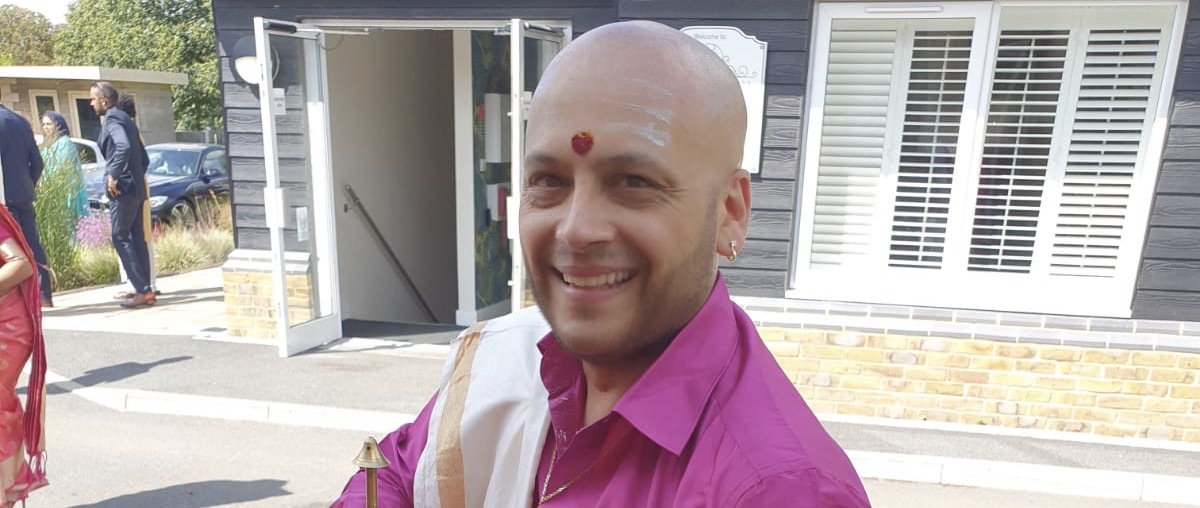
This was a question I was recently asked by a friend of mine. I was somewhat perturbed and surprised at this question. Before I could even answer, I had to think about THAT question for two or even three split seconds.
You see, sporting a Tamilian name is not enough to make you qualify to be part of the Tamil-ism clique. The name “Soodesh” does not quite shine the Tamil spotlight on my shiny bald head. But being able to read, write and even understand a little bit of Tamil still does not certify me to be crowned a grand and gracious Tamil “ஆண்”[1] either. Having children who have names the length and bendiness of the London Underground map, who learn to read, write and speak Tamil, master the arts, watch the movies, singing “தேவாரம்”[2] still does not cut it.
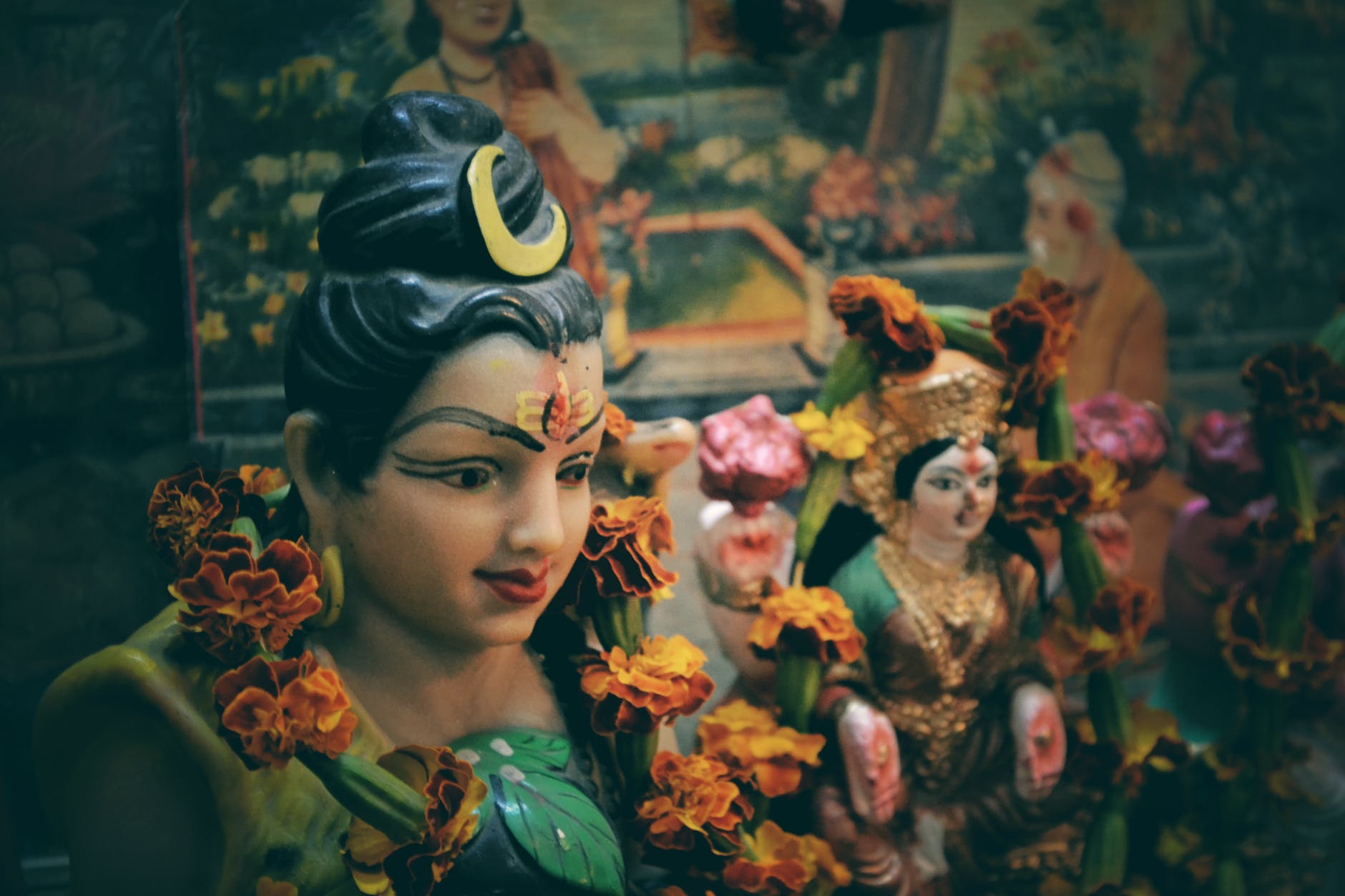
Our crime is simply, we do not speak Tamil. Most Tamil Mauritians do not. In fact I guarantee had I (or my family) been from Malaysia, Singapore, South Africa, Canada or Australia, we would be recognised as Tamilian before the country of our diasporic end destination. This is because in these countries, it is second nature to not let go of spoken Tamil by those Tamils who live there (primarily from either a South Indian or Sri Lankan background). Mauritians, on the other hand, hold on to more of the heritage from a cultural point of view, which we feel, “defines us.”
Although I cannot find an official statistic, a contributor on quora.com reports that 20% of Tamil Mauritians speak Tamil. I’m not sure if that person was feeling a little optimistic when they wrote the piece. Or maybe what is meant here is that 20% understand and have the ability to speak basic Tamil. I would say of that reported figure only 2% do converse in Tamil, of which I only know one Tamil Mauritian family who practice spoken Tamil at home!
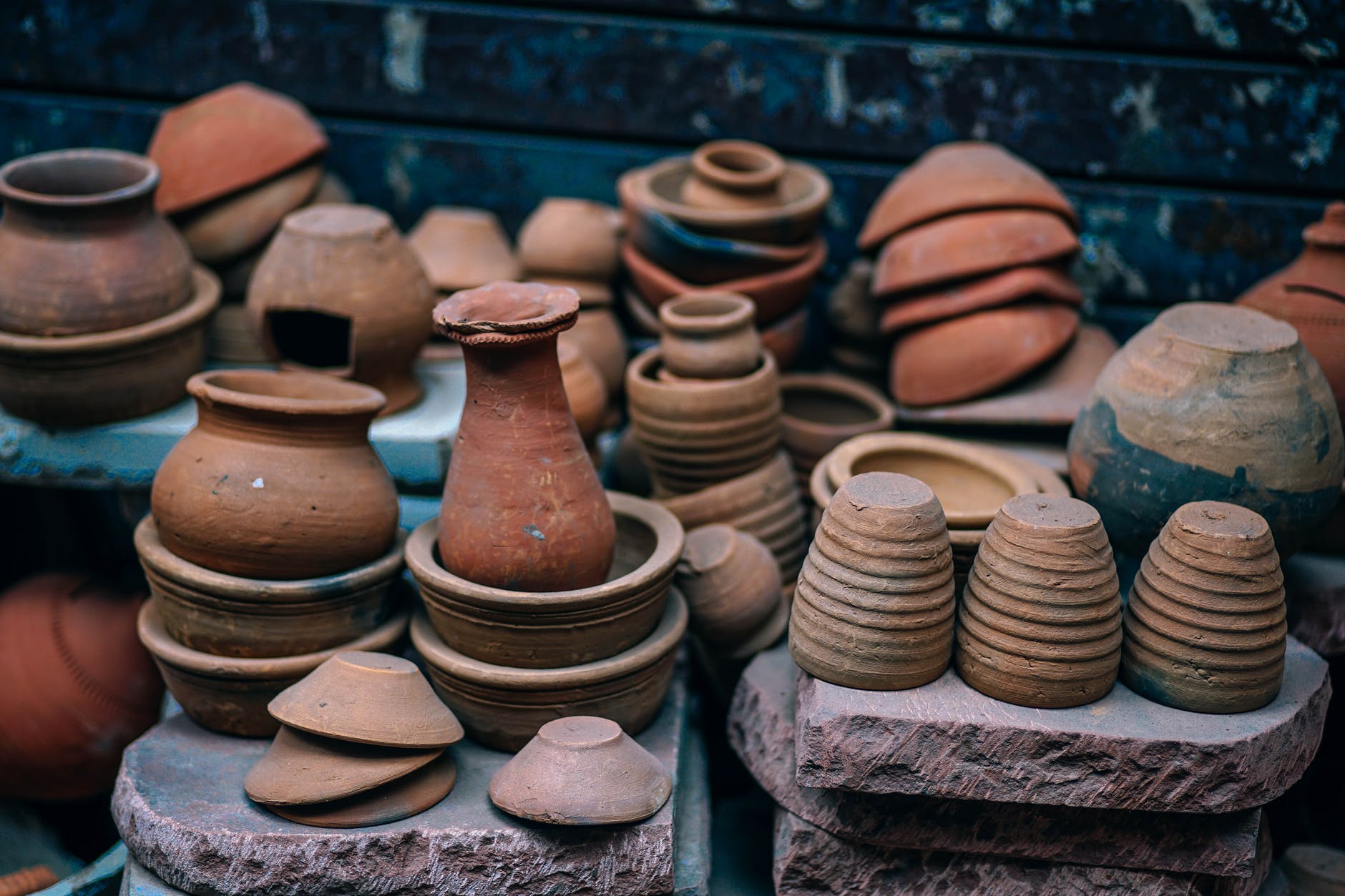
Many Tamil Mauritians are more driven by tradition. For example, if you are Tamil, you must occasionally go to “கோவில்”[3], wear your “வேட்டி”[4], “பாவாடை”[5], “பொட்டு”[6], “மலர்கள்”[7]. You must be able to at least sing Tamil, whether it be a தேவாரம் or a “திருப்புகழ்"[8] – everything that can be displayed in the name of cultural heritage. There are also a minority of Tamil Mauritians with Christian backgrounds of various denominations, however Tamil is almost considered a religion in and of itself in Mauritius, and so Tamil Christians have become a lot further removed from connecting with their Tamil heritage. Even listening to Tamil songs is restricted to weddings (normally the eve of the wedding). It always seems too much of an effort to listen to it any other day. Believe me, the look of boredom even on my own friend’s and relative’s faces is enough to tell you they have had enough of that Tamil malarkey after 15 minutes! JUST BRING ON THE SEGA...OR BOLLYWOOD!

I grew up in a relatively conservative family where religion was given. We then had to figure the rest out. Traditional and cultural practices were feasted on. We attended the temple occasionally (mainly for “காவடி”[9] and “புரட்டாசி சனி”[10] pooja’s). I learned how to say the occasional Tamil word whenever my “தாத்தா”[11] and "பாட்டி”[12] visited the UK. I learned to sing a few Tamil bhajanam’s[13]. To top it off, my mum was a purebred white Irish woman.
She wore her “புடவை”[14], “தாலி”[15], “மெட்டி”[16], and பொட்டு with pride. She was an “always தாலி wife.” She called her elder sister-in-laws “அண்ணி”[17], other elder female relatives “அக்கா”[18]. So did I. We “Akka’d”, “Anneh’d”, “Anni’d”, “Aththaan’d”[19] all the way. In the kitchen the aromas of “புளிகுழம்பு”[20], “ஊறுகாய்”[21], “அதிரசம்”[22], “எலுமிச்சை சாதம்”[23] would ripple throughout the house. On days when we would fast, the scent of “கற்பூரம்”[24], “தூபக்குச்சிகள்”[25], “சாம்பிராணி”[26] and “விளக்கு”[27] would encase your senses as soon as you walked through the front door. But that is where our Tamil-isms stopped.
Whenever I visited my Tamil school friends in their homes in the UK, I would see their family proudly glued to the TV watching Tamil movies, or listening excitedly to Tamil movie songs. Or there might simply be a breeze of Carnatic melodies drifting in the air. The aroma of சாம்பிராணி or தூபக்குச்சிகள் would carry those melodies around my senses and create a fictional narrative. Yet, whenever my friends visited me, it would be Bollywood. On TV. On stereo. Bollywood. To which eventually I would be slapped with the response “I thought you were Tamil?” Don’t get me wrong. I am not expressing any sort of prejudice here, but there was nothing apparent that defined mine and my family’s background to my friends on the outside.
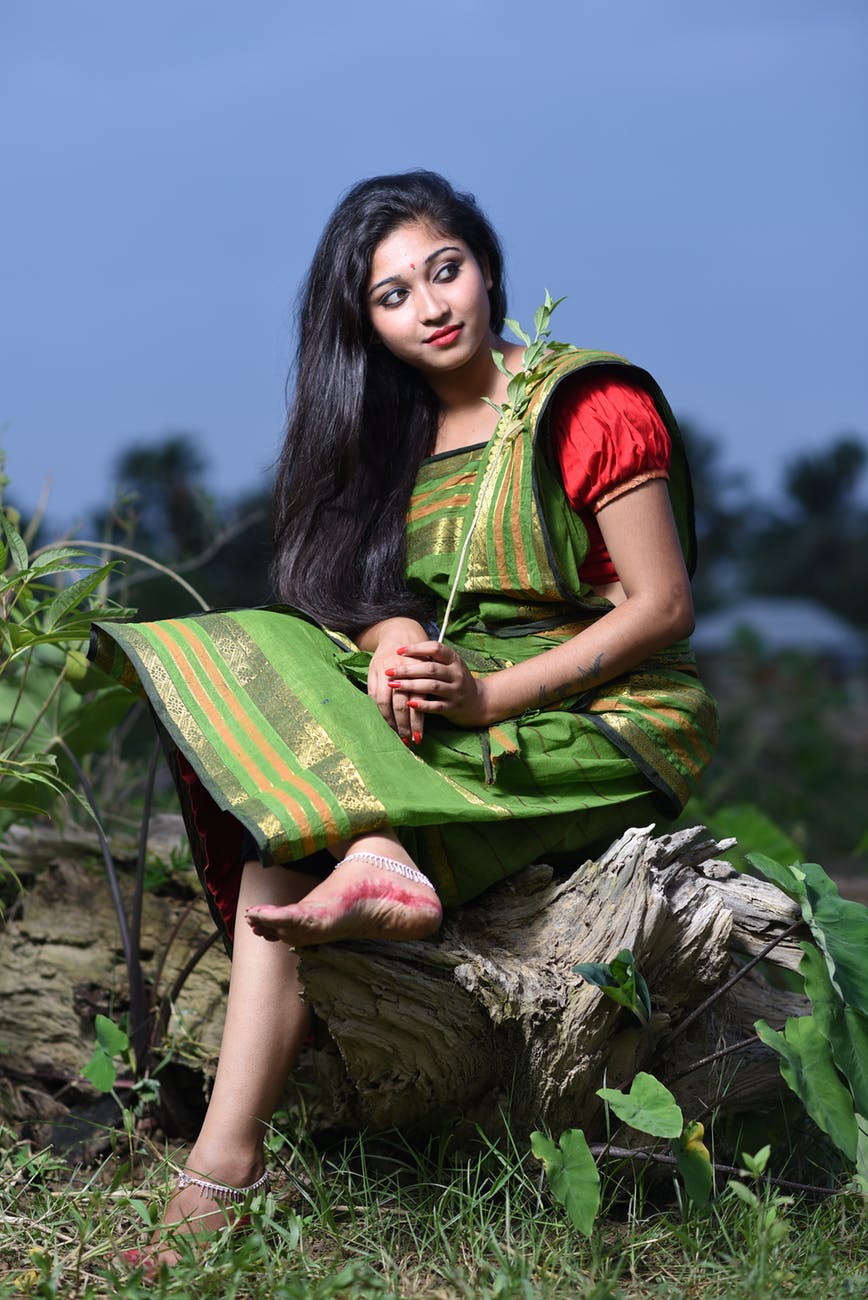
Let me delve deeper, as I somehow feel that “acceptance,” or lack of, is closer to home than I am letting on. As I grew older this blurry identity became problematic. I remember during my first 3 months at university back in 1995, a particular comment which was made in reference to Mauritians has stuck with me to this day:
“Mauritians are confused – they deny any Indian background, yet everything they do has been passed down by their ancestors. What they are and what they want to be are completely separate things.”
What an effect that statement had on me – to another end of the spectrum. Who was I? What am I? Where do my roots lie? This was the beginning of a transformation which created much confusion to onlookers. I had already made that first step by converting to Christianity a year before I started uni. I mean, why not? The rest of my relatives were lining up to walk down that Christian conversion runway like they were waiting to be crowned Benny Hinn’s Mauritius’s Next Top Pentecostal! By doing this, I decided it was a way of denying my South Indian Hindu heritage. Ignorance lay in the fact that my great-great grandparents had arrived on Mauritian soil as indentured labourers from Chengalpattu in Tamil Nadu. As our lineage progressed, (we) were forced to convert to Catholicism for job security, property and land inheritance. They led double lives until my father’s generation said “enough is enough”, which is when they emancipated themselves (us) from missionary bondage. I, on the other hand, returned to missionary bondage. My ancestors struggle.
Nevertheless, the next step was for me to play the “mixed-race” card. Given, I certainly am from a mixed-race background. But I needed it to hold more substance. I twisted, plaited and waved the hell out of my hair so that my appearance became less apparent. Dare anyone ask me where my parents are from. “I’m mixed-race.” There…ask no more. The more I delved into this new found scribbled identity, the more I could deny my Indian heritage. I surrounded myself with everything that highlighted more of the African facet of Mauritius. I wanted to carry myself as more the person that represents African migration, and certainly not Indian migration.
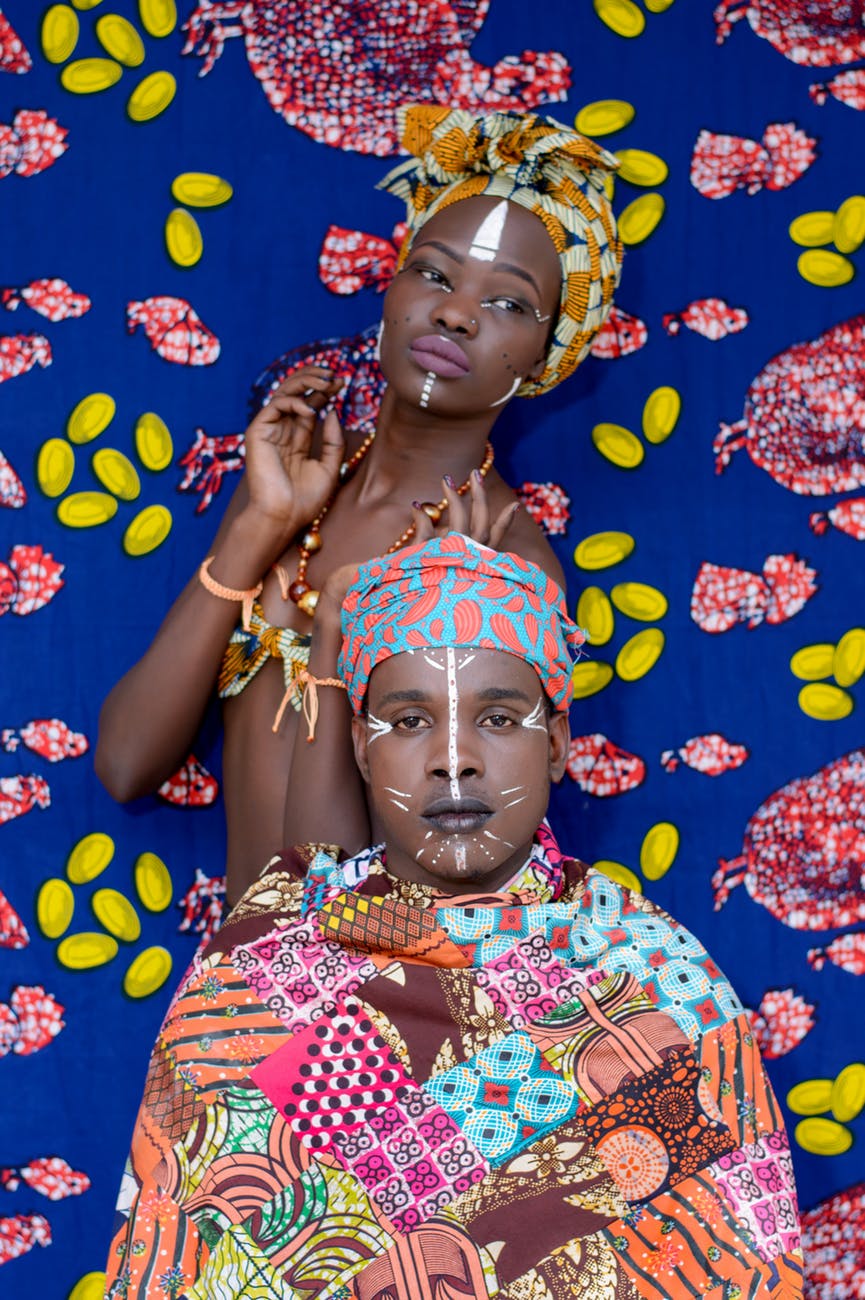
My parents were in despair. My relatives no longer related to me. Or rather, I refused to relate to my relatives. I distanced and created separation as much as I could to avoid my identity being “spoilt.” Soodesh sometimes became Ryan. I liked that name. For me, back then, it had a “mixed-race”ring about it.
I carried this identity crisis for 12 years. It’s probably the reason why I was never sure of myself, had issues with dealing with personal, social and employment conflict and challenges. It was the reason why many bad choices in life were made. It was probably even the reason why cocaine was a source of comfort for me. A temporary armour. Enabling me to forget who I am. Convince myself I am what I have become by means of reinvention. Forget Mauritius. Forget Tamil Nadu. Forget heritage. Forget ME.
Readjusting my thinking, identity, bloodline and being was a whole process after turning 30. It was, sorry is, a journey which I don’t think seems to be ending. Returning back to my core religion, understand it more, engaging in cultural practises and re-teaching myself the Tamil language, mantras and slokam's of course has re-opened many mystic discoveries which I would never have understood during my cracked years. However the journey does not involve only me. It involves my 4 children. It involves teaching my children whilst continuing to teach myself. It involves ensuring my children are not exposed to the risks of questioning their identity. It involves reinforcing that they are Tamil first and foremost, before their British and Mauritian heritage. It is a lone journey, as their mother is part of the younger new-wave Tamil Mauritian generation where reinforcing Tamil identity does not hold importance. My journey feels otherwise.

In my journey to reconnect with my heir is paramount, but I continue to face prejudice. From family. From relatives. From friends. Therefore from Mauritians. The kind of prejudice that makes me feel I am not qualified to identify myself as Tamilian. Could it be my previous grapple with identity which makes it difficult for them to accept I am comfortable with who I am now? Or maybe that my mother was white? Whatever it is, the discontentment with feeling I am not accepted exists. At a recent Mauritian gathering, a recent comment was directed at me, comparing me to “low-caste Tamil”. My fair complexion apparently sent "Tamil signals" that I am the son of a slave. Or rather, a product of slave rape. There. Impure. Unaccepted. “I” don’t belong to “THEM”. Mauritius. Denied. Me.
Going to the கோவில் can be more humiliating. In Mauritius, we, as Tamils, are always taught to greet one another by saying “வணக்கம்”[28]. I always, by default, do this. I have also taught my children to do the same. On many occasions I have greeted the head priest, at the London Sri Murugan Temple with a வணக்கம் only to be replied to with a blunt “Hello”. Whenever this happens, I feel a stab of stupidity pierce through my neck which silences me from saying anything else in Tamil. I would say “புத்தாண்டு வாழ்த்துகள்”[29] on New Year’s Day. “குருக்கள்”[30] will reply “oh Happy New Year”. Damn. He is almost trying to put a stop to slave child speaking “his” sacred language!
It then hit me. Me being me. Having mixed parentage of Mauritian and Irish is always going to be an obstacle for any Tamil, Mauritian or not, to take me as one of their own. I have simply not grown up with enough of the Tamil-isms to find firm common ground through which I can identify and relate to Tamils. Wearing a வேட்டி is always going to look “weird” on me (yep I’ve been told that before), with relatives sniggering thinking I’m entering a life of priesthood. Immersing my aural senses with Kollywood music, is always going to make me appear as a try hard. Demonstrating my linguistic ability, is always going to position me as a target for being laughed at as I “sound funny”. Discussing Tamil history, will continue to make me a silent voice and ignored, as I am not being fun and I am boring an audience, who feel I am apparently trying to prove an identity which I did not always hold close to my heart. I have to add here, I wear my வேட்டி better than most Tamil men.
Back to THAT question. For the Tamil Mauritian who values our heritage to the extent where we live it in the past, the present and the future and striving to learn more, THAT question strips us away of something which we have invested so much time to effortlessly carve out our identity. It puts a question mark on our own foreheads that we are simply admiring something that does not belong to us. We are borrowing religion. Borrowing tradition. Borrowing culture. Borrowing the odd word from the language. Even imposing on learning a language that does not rightfully belong to us. A recent encounter at the கோவில் occurred when my son was introduced by one of his Tamil teachers to a friend. “He is not Tamil”. My jaw would normally drop to the ground in reaction to this. Instead it locked itself in place. I felt my irises whirling away into my cornea’s. Did I just hear right? So my children learn Tamil just for leisurely fun?
Where do I want to take this? Let’s start with the basics. Yes I am a Tamilian. I get it that you feel humoured that I don’t converse in Tamil, feel surprised when I understand snippets of your conversation and read it. But I am Tamil first and foremost. Maybe there is something ingrained in my blood plasma as it goes through the necessary chambers to be pumped around my body. Maybe as my blood flows, it picks up fragments and residue left behind my ancestral genes to reinforce the love for my identity whilst gushing through my organs and washing over all my senses. Maybe as it washes over my senses, I yearn to hear more, taste more, see more, smell more and touch more Tamil.
Because I am so aware and pretty conscious that so much of our heritage has been lost through detachment after "slave" migration followed by relocating to the Western parts of the world, I try to reinforce as much of our heritage as I can in our home. I do this by:
-
Sending our children to Tamil school to learn the language
-
Sending our children to learn the various arts which are within our reach
-
Watching Kollywood movies as much as I can with them so they familiarise themselves with the language and identify with Tamil movie genres (you have to admit they are a genre onto themselves)
-
Take them to the கோவில் so they are familiar with தேவாரம், mantra’s and slokam's – I am a Hindu, so rather than just drop them into the forest of Hinduism, like I was, I want them to understand Hinduism and for it to be ingrained in their conscience
-
Teach them kurals and help them understand the meaning of the beautiful philosophy laid down by the great Saint Thiruvalluvar
I do this because I come from a family who did not see it as important to pass down this knowledge. It was just taken for granted that we will learn. Somehow. But then close relatives began to panic when generations to come were converting to Christianity followed by rubbishing and denying Tamil-Hindu heritage. The resources we have now are there for me to put my children in touch. I will continue to help them build their confidence in who they are, even though sometimes I may still be fragile. I do this not to boast, but for my children to have a strong sense of identity, know who they are and for them to have their feet firm on the ground. For them to not think twice when asked “Are you Tamil?”
Hard work and graft goes into trying and making the effort for them to go through their Tamil homework with them, trying to introduce conversation in Tamil, helping them master their art whilst balancing their regular school work. I accept that their young minds may be penetrated with other ideas as they get older. They will develop different opinions and their own philosophies of the world. But the very foundations I helped to slip under their pattering feet will always be there, right? I am fully aware that our children always remain our “hope”. Not our “certainty”.
As for me? I persevere with teaching myself, so that I can continue to nourish my roots and help to teach my children. After all, they look up to me as someone who has the knowledge. They look up to me as someone who apparently is thoroughly fluent with our mother tongue and cultural heritage because I am gently encouraging them into learning, understanding, knowing and feeling comfortable in their skin.
However, no matter how much reinforcing and rebuilding my own identity I do, the reality is, at 43, with mixed heritage, regardless of knowing or not knowing about my crisis in the past, I’ll always be seen by my Tamil peers (friends, family, relatives, acquaintances) as the bastard. Period.
Looking to create your love story? Join the other couples who have dated and married through myTamilDate.com!
"How a Message on myTamilDate.com Led to an Engagement for Lavanya & Vitharan"
Glossary of Tamil Script and References
[1] ஆண் - pronounced aːɳ. A word in Tamil meaning “man”
[2] தேவாரம் - pronounced teːvaːram. A collection of poetic texts from the Thirumurai in praise of Lord Shiva
[3] கோவில் - pronounced koːvil. A word in Tamil meaning “temple”
[4] வேட்டி - pronounced veːʈʈi. A traditional garment wrapped around the waist. This style is worn by Tamil men
[5] பாவாடை - pronounced paːvaːʈey. A traditional two piece skirt and blouse worn by young unmarried Tamil girls
[6] பொட்டு - pronounced poʈʈu. The dot worn between the eyebrows. The religious significance is that wearing a poṭṭu represents the third eye, and the 6thchakra, or sense
[7] மலர்கள் - pronounced malarkaɭ. It is common for Tamil women to wear flowers in their hair
[8] திருப்புகழ் - pronounced tiruppukaɻ.Collection of religious songs dedicated to the Tamil God, Lord Murugan, written by the poet, Saint Arunagirinaadhar
[9] காவடி - pronounced kaːvaʈi. A ceremonial sacrifice in praise of Lord Murugan
[10] புரட்டாசி சனி - pronounced puraʈʈaːsi sani. An annual ceremony taking place every Saturday (sani) in the Tamil month of Puraʈʈaːsi (September – October). Commonly known as Govinden Thiruvizha in Mauritius
[11] தாத்தா - pronounced taːttaː. Honorofic in Tamil meaning “Grandfather”
[12] பாட்டி - pronounced paːʈʈi. Honorific in Tamil meaning “Grandmother”. Grandmother's are commonly addressed as "Appaye"(paternal) or "Ammaye"(maternal) in Mauritius, but are not authentic Tamilian honorifics
[13] Bhajanam - Hindu hymns sang in the temple
[14] புடவை - pronounced puʈavey. Commonly known as saree
[15] தாலி - pronounced taːli. This is a wedding pendant worn on a yellow rope or chain by married Hindu South Indian women. In North India this is commonly referred to as the “mangalsutra”. For South Indian women this is called the “thaali”
[16] மெட்டி - pronounced meʈʈi. Toe rings worn by married Tamil women. Commonly referred to in Mauritius as “minji”, which appears to be the adopted Malayalam word for this jewellery piece
[17] அண்ணி - pronounced aɳɳi. Respectful way to address elder sister-in-law in Tamil
[18] அக்கா - pronounced akkaː. Respectful way to address elder sister in Tamil
[19] Akka (அக்கா); Anneh (அண்ணன், pronounced aɳɳan, respectful way to address elder brother in Tamil. However

met on myTamilDate
 Canada
Canada
 Cambodia
Cambodia
 Toronto,
Canada
Toronto,
Canada
























